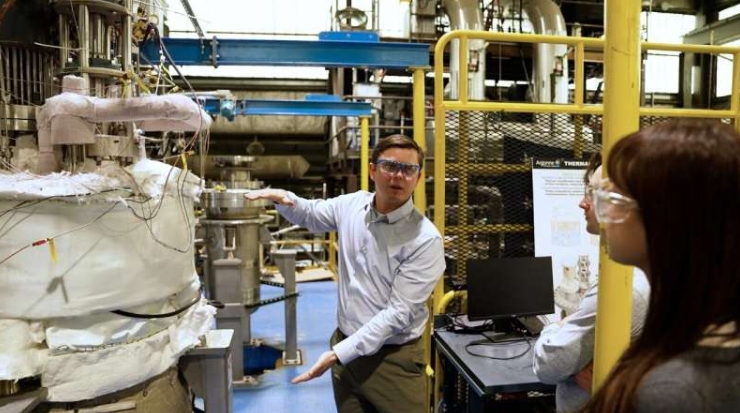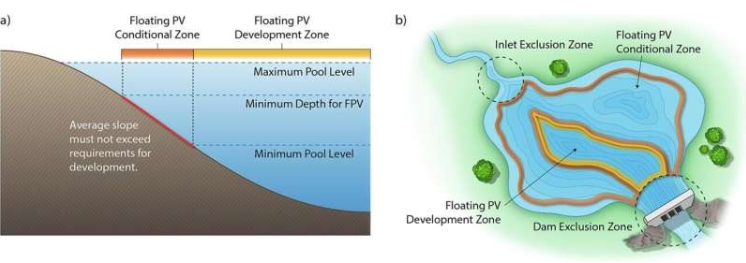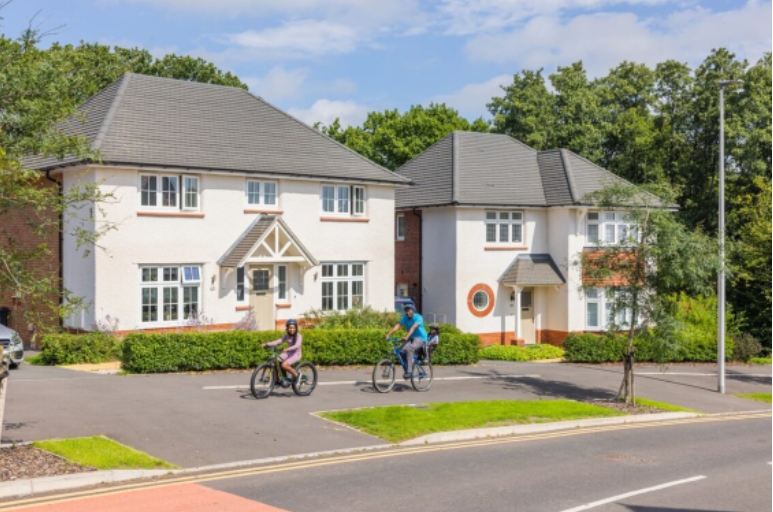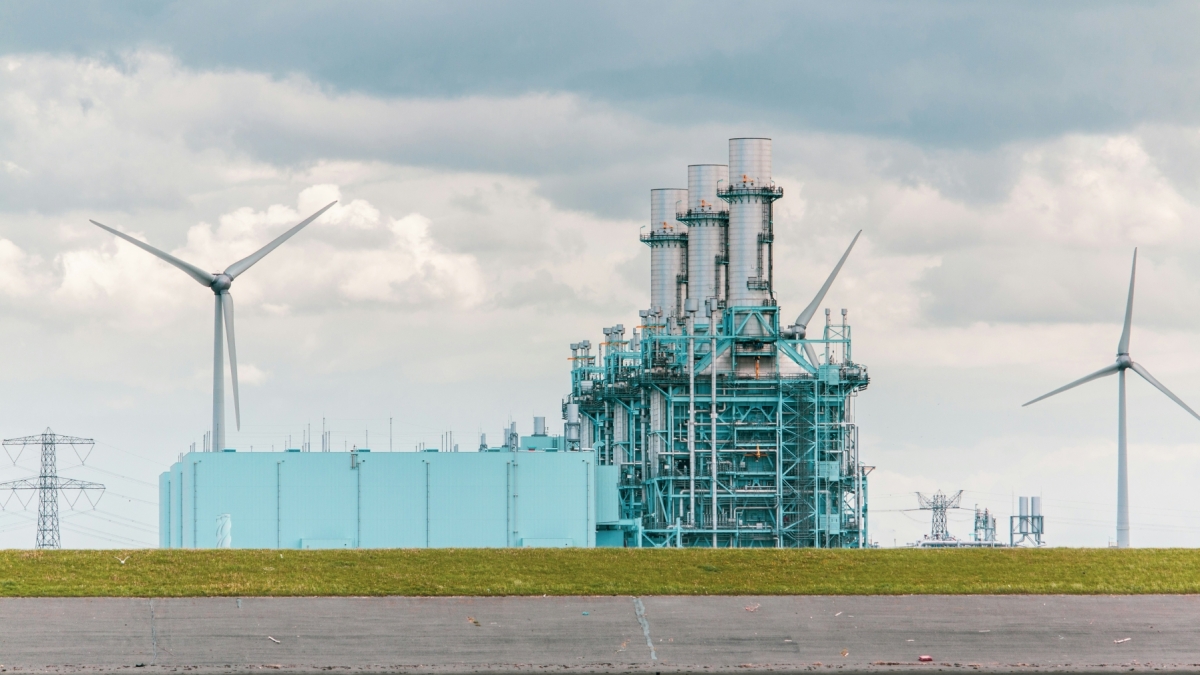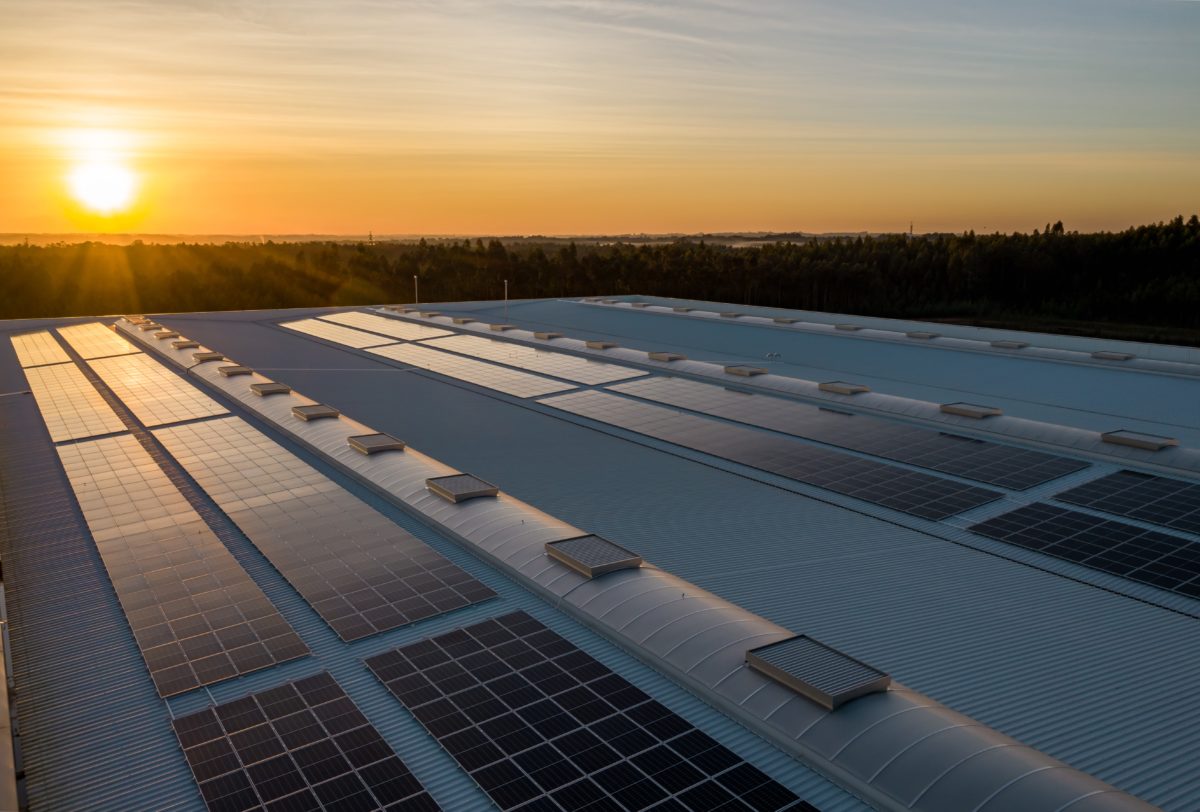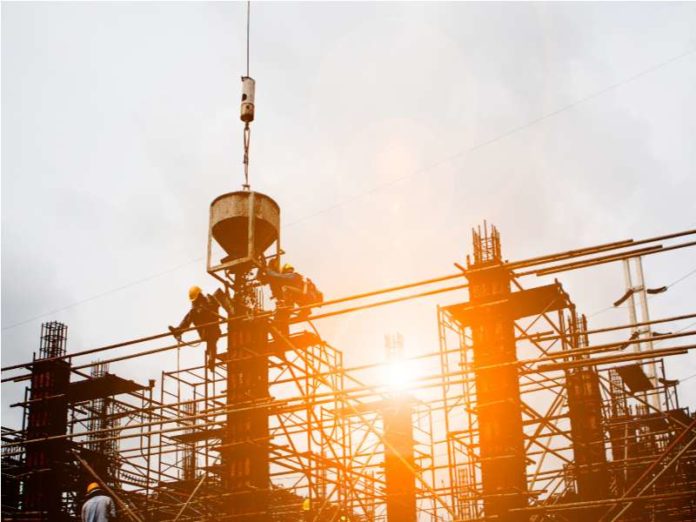
The African Union, the African Development Bank and Africa50 together with several global partners launched a multi-billion alliance for green infrastructure.
The Alliance for Green Infrastructure in Africa (AGIA), an initiative to help scale and accelerate financing for green infrastructure projects in Africa.
The collaborating global partners working with the African Union, African Development Bank and Africa50 are the African Union Development Agency, the European Investment Bank, the European Bank for Reconstruction and Development, the French Development Agency, The Rockefeller Foundation, the US Trade and Development Agency, the Global Center on Adaptation, the Private Infrastructure Development Group and the African Sovereign Investors Forum.
The launch ceremony took place on the sidelines of the ongoing 2022 United Nations Climate Change Conference (COP27) in Sharm El-Sheikh, Egypt.
The Alliance’s mission is to raise significant capital to accelerate Africa’s just and equitable transition to Net Zero emissions. It has two strategic objectives. The first is to generate a robust pipeline of transformational bankable projects. The second is to catalyse financing at scale and speed for Africa’s infrastructure.
Collective action agreed upon
Following the announcement of the alliance at the sixth European Union-African Union Summit in Brussels in February this year, the partners began their collaborative work and identified four pillars for collective action:
Project Preparation and Development – This pillar supports the transformation of projects from concept to bankable propositions. It also develops a strong pipeline of bankable green infrastructure projects.
Project Ratings – This pillar establishes green eligibility criteria and project rating guidelines for infrastructure projects. It also provides technical assistance to build capacity within the public sector.
Co-financing and De-risking – This pillar provides the requisite de-risking instruments to facilitate investment and develop a clear framework to mobilise equity and debt financing for green infrastructure from AGIA members and other sources.
Institutional Investors – The Institutional Investors pillar facilitates the mobilisation of funds from global and African institutional investors and leveraging African and international capital markets to drive green bond issuances and financing for projects.
The objective of the Alliance for Green Infrastructure in Africa
The Alliance for Green Infrastructure in Africa will raise up to $500 million to provide early-stage project development capital. This is capital that will build a robust pipeline of bankable projects, starting with pre-feasibility stage all the way through to commercial and financial close. This is projected to generate up to $10 billion worth of investments in green infrastructure.
This will be mobilised from a combination of co-investments, co-financing, risk mitigation and blended finance provided by alliance members. This capital will also be drawn from other financial institutions and foundations, public and private global and African institutional investors, project sponsors, multilateral development banks’ sovereign operations, and from G-20 bilateral donors.
The Alliance’s focus sectors are energy, transport, water and sanitation, health infrastructure, broadband infrastructure, urban and rural infrastructure. It will support large-scale programmes, such as mega solar projects or green hydrogen projects, as well as smaller venture capital initiatives like cleantech projects, energy storage or e-mobility solutions.
In introductory remarks, African Development Bank Group President Dr Akinwumi Adesina said: “The AGIA platform is a new platform that is fully aligned with the global call of the G7 leaders in June this year when they called for the partnership on global infrastructure and investment to mobilise $600bn in infrastructure by 2027, especially to support sustainable, quality and climate-resilient infrastructure.”
Green infrastructure is climate smart
“We need you all, as the needs in Africa are simply enormous. Only by working together and pooling our resources together can we make transformative impacts and set Africa on a clear path to achieving net-zero emissions and to mitigate climate change. Africa needs infrastructure financing, estimated at between $130bn to $170bn a year, with an infrastructure financing gap of up to $108bn a year.
“But most of the infrastructure for Africa is yet to be built. This presents an enormous opportunity to get it right. Build green infrastructure that is climate-smart and that is climate-resilient,” said Adesina.
African Union Commissioner for Energy and Infrastructure Dr Amani Abou-Zeid said: “As African institutions, we must focus on early-stage project preparation, de-risking interventions and building a robust business environment to attract investors from all parts of the world. We want to galvanise around priority projects that combine all our efforts to deliver. We must now intensify our efforts and move faster and at scale.”
